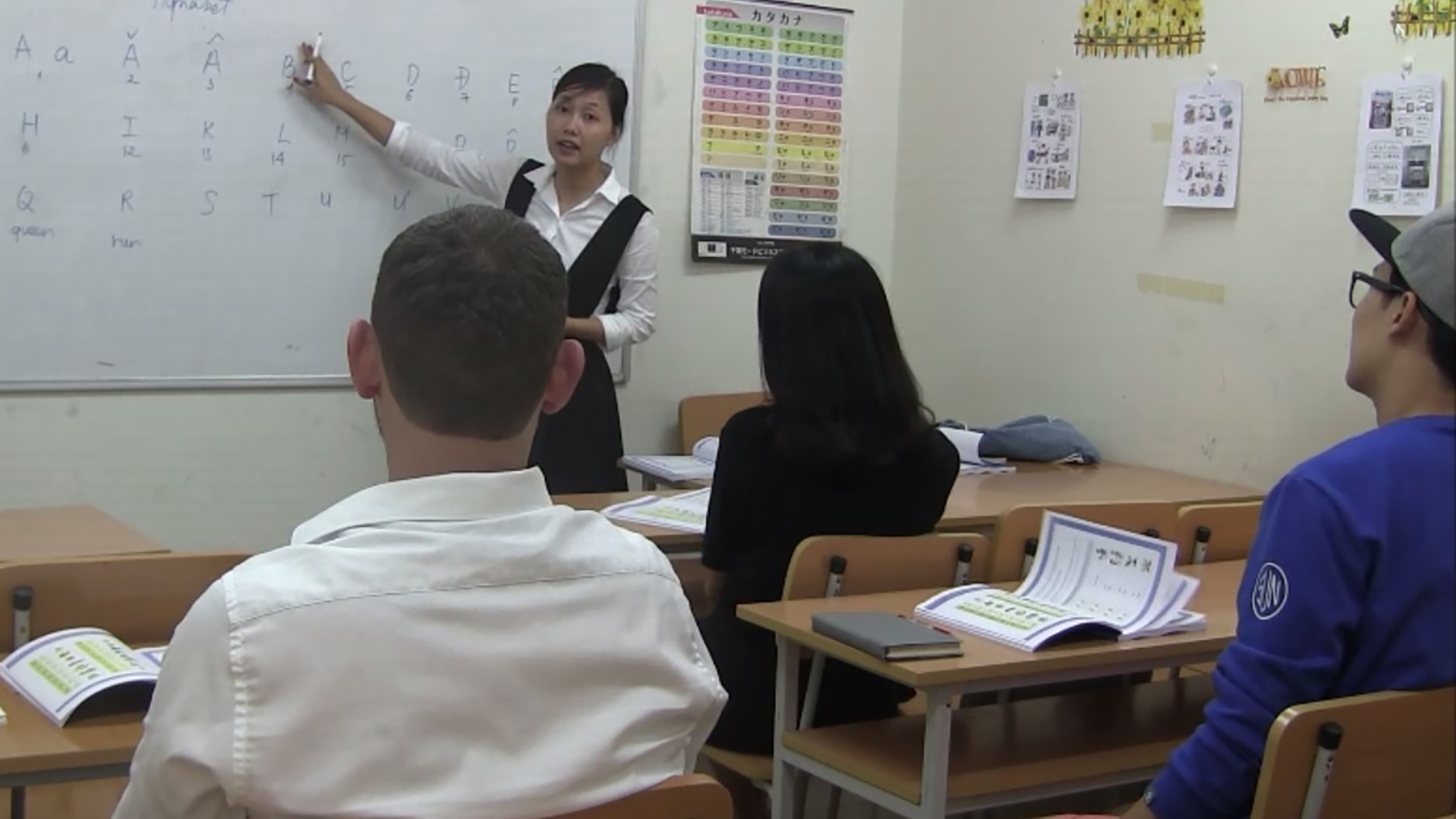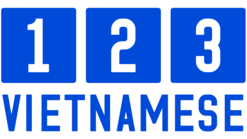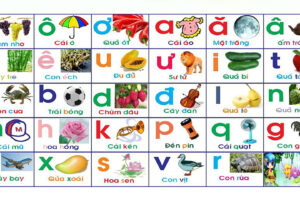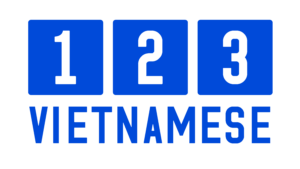
Multi-motivation of Vietnamese Study and Multi-Method of Teaching Vietnamese as a Foreign Language
With the development of cultural and economic communication and exchange between China and Vietnam, Vietnamese language learning booms in China in the recent years, especially in the areas along the border to Vietnam. Meanwhile, the increase of the scale of Vietnamese language learners goes along with the change of motivations to learn the language. In China, motivations of leaching Vietnamese as a foreign language have changed from business-oriented motivation to culture and communication-oriented and academic study-oriented ones. These changes inspire the innovation of the language teaching and improvement of the teaching methods. The innovations in return contribute to the improvement of the Vietnamese language and culture study and the development of the communication between the two neighboring countries.
The last five years witnessed a fast growth in the amount of Vietnamese language learners in China. Encouraged by the economic flourish of Vietnam and the development of economic cooperation and cultural communication between China and Vietnam, along with the improvement of the economic situation of China, Chinese people become more and more interested in Vietnamese language and culture. More and more people of different professional and educational background join in the group who are engaged in learning Vietnamese as a foreign language. In addition to the potential businessmen, government staff, tourist, college or middle school students etc. are engaged. Taking the situation of Yunnan, a province on the border to the north of Vietnam, for example, apart from part-time learners and short-term training participants, Vietnamese language learners in high school in this area increased by three times in amount than that of five years ago.
The increase of the need in learning Vietnamese as a foreign language inspires expansion of enrollment in colleges and universities. Teaching Vietnamese as a foreign language is offered basically in high schools and some technical schools, apart from short-term or part-time training on small scale for specific purpose. In the recent years, Vietnamese language major appears on the major lists of many high schools and the amount of enrollment of students of this major has grown steadily. Meanwhile, many students majoring in others are also interested in Vietnamese language learning. As a result, along with the expansion of the recruitment of student majoring in Vietnamese Language, the high schools offer Vietnamese language courses for students of non-Vietnamese major. More and more students in colleges and universities in China are involved in Vietnamese language learning.
The growth of Vietnamese language learners and diversity of motivations of the language learning prompt innovation in the language teaching and improvement of the teaching methods in China to meet the need of the learners and the development of educational internationalization . In the past, motivation to learn Vietnamese as a foreign language was basically trade-oriented. However, teaching Vietnamese as a foreign language was generally classroom-based, focusing on grammar rules and reading skill. Students trained in the traditional way are good at reading and, to some extend, writing, while weak at listening and speaking. At the same time, most of their knowledge of the native country is obtained from reading material. As a result, usually the learners have stereotyped idea of the native Vietnamese culture and unable to communicate well with native Vietnamese due to limitation of speaking and listening competence. Trade with Vietnamese businessmen cannot be undertaken without the help of Chinese-Vietnamese or limited bilingual persons on the border area. With the development of all-round communication between China and Vietnam, Vietnamese speakers are short in the field of business. Most of all, more and more Chinese people want to learn Vietnamese culture just as they want to learn the world as other people from developing countries.
The shift of business-oriented motivation to culture and communication-oriented and academic study-oriented motivation makes it necessary in China to innovate the method of Vietnamese language training and teaching. So it has been done. In the recent years, along with the expansion of recruitment of Vietnamese language learners, colleges and universities in China have made lot of changes in the ways of the language training and teaching. In the language teaching, speaking skills training and Vietnamese native cultural experience are added to grammar learning and reading competence training for those who major in Vietnamese Language.
Many ways are applied to improve the effect of teaching Vietnamese as a foreign language. One of the practices is language partner activities organized out of class. Taking advantage of Vietnamese student studying in the Chinese college and university, the Chinese school arranges language partner or conversational pal for Vietnamese students and Chinese students learning Vietnamese. Vietnamese culture exhibition is another activity usually held on campus. Theses activities help Vietnamese students learn Chinese language and culture and adjust themselves to Chinese life. Meanwhile, they help Chinese students learning Vietnamese improve their listening and speaking abilities.
Study courses in the native country Vietnam is another effective innovation in Vietnamese language teaching and training in China. To further improve the students’ language competence and enrich their cultural experience of the native language country, the majority of colleges and universities send their students major in Vietnamese language to institutions in Vietnam to take courses for around a year. This practice counts in the improvement of Vietnamese language education in China.
Meanwhile, internship has been played great importance on. The colleges and universities encourage and help students to do internship in companies or institutions in Vietnam or having close business relationship with Vietnamese organizations. It acts as a significant bridge for the students between school and society, between learning and application of the learning.
To be employed in companies or institutions is one of the choices for the students who major in Vietnamese language. However, some may like to do academic study on Vietnamese language and culture and may have further study in graduate schools after undergraduate study. This growth of students of academic-oriented students in turn also inspires expansion of enrollment of graduates in Vietnamese language major in colleges and universities.
Apart from expanding recruitment of students majoring in Vietnamese language and reforming the language training and teaching methodologies, to meet a wider need of Vietnamese language and culture, many colleges and universities in China begin to offer Vietnamese language courses to students of other majors. Vietnamese language courses become one of the foreign language courses required in Chinese schools. This significant change challenges the monopoly of English courses on campus of China. Vietnamese language courses win the same importance as English though the amount of students involved are not as many as that of English courses.
Quite a few non-Vietnamese major students are interested in Vietnamese culture but they can spare less time on the language learning. To help them learn the culture and the language, some schools in China organize summer or winter camp activities for these students. The schools usually establish cooperative relationship with some Vietnamese universities of institutions at first. Then they have the students have intensive Vietnamese language training in at the Vietnamese cooperators for one or two month, having cultural
experiencing activities meanwhile. This program allows the students to have native Vietnamese culture experience while they are learning the language. So it is welcome among the Vietnamese fans who major in others.
The fast growth of Vietnamese language learners in China in the recent years and the changes in the motivations to learn Vietnamese language inspires the improvement of methods of teaching Vietnamese as a foreign language and also promotes Vietnamese language and culture studies in China. All the changes may contribute to the development of the communication and friendship between the China and Vietnam.
Author: Leiming Zen – Zhao Wei – Kong Xiang
(MA, International College, Hongle University, Yunna, Chinna)









